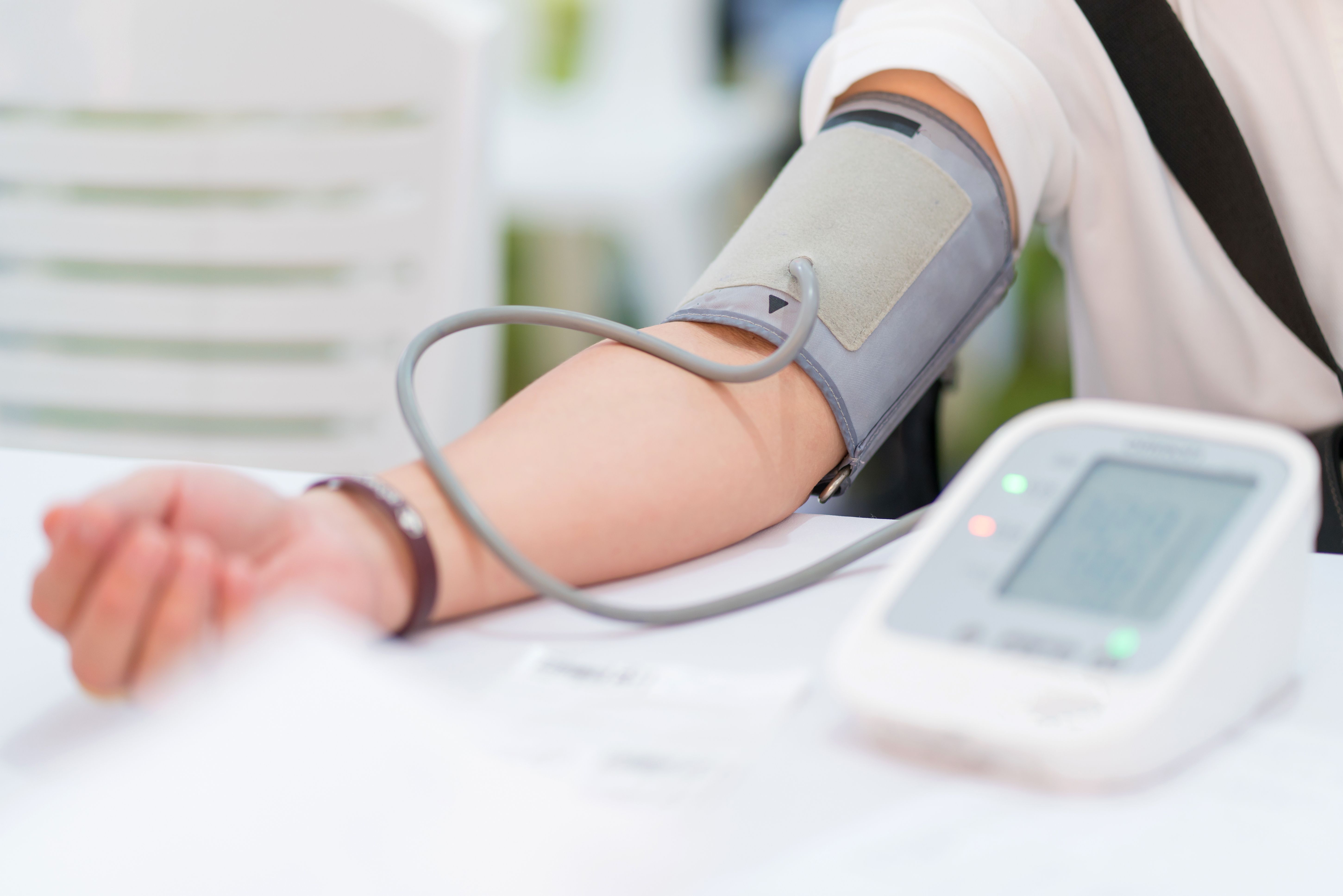- Center on Health Equity & Access
- Clinical
- Health Care Cost
- Health Care Delivery
- Insurance
- Policy
- Technology
- Value-Based Care
Weight Loss Surgery Associated With Blood Pressure Control
Patients who had weight-loss surgery were more likely to have managed their high blood pressure compared with those who used medications and modes of management.
High blood pressure was more likely to be controlled within 1 to 5 years after a patient with obesity underwent a weight-loss surgery compared with those who used medications or lifestyle management, according to preliminary findings presented at Hypertension Scientific Sessions 2024.1
Bariatric surgery is a weight-loss surgery that involves making the stomach smaller so that patients who have undergone the surgery feel full faster.2 Surgery can also include changing parts of the digestive system to alter the way that nutrients and calories are absorbed. Patients with a body mass index (BMI) of 35 kg/m2 or higher are recommended by the American Society for Metabolic and Bariatric Surgery and the International Federation for the Surgery of Obesity and Metabolic Disorders to undergo bariatric surgery regardless of any comorbidities.
The analysis of the effects of weight loss surgery on blood pressure control pooled the results of 18 randomized controlled trials that were conducted in different countries.1 These trials compared 1386 people who were living with high blood pressure and obesity. All participants were aged 18 years or older and 62.7% were women. All of the studies included were conducted between December 2002 and May 2024. Participants were defined as having bariatric surgery if they had any procedure that changed their digestive system to encourage their weight loss. The Roux-en-Y gastric bypass surgery was the focus of most of the studies included.
Weight loss surgery can help to lower blood pressure in patients who need the surgery | Image credit: CasanoWa Stutio - stock.adobe.com

The patients were randomized into 2 groups wherein 1 group underwent a bariatric surgery whereas the other group started non-surgical, lifestyle, or medical interventions. Patients were followed-up between 1 to 5 years after the surgery or start of the intervention. Patients who had bariatric surgery were 2.77 times more likely to lower their blood pressure to below 140/90 mmHg without needing medication for blood pressure compared with patients who did not have the surgery. They were also 7.1 times more likely to lower their blood pressure below 130/80 mmHg and lowered the use of medications for blood pressure. The systolic blood pressure was reduced by an average of 3.67 mmHg in patients who had bariatric surgery compared with those making lifestyle changes.
There were a couple of limitations to this analysis. Differences existed between the trials when it came to how obesity was diagnosed, how long follow-up time was, the techniques used during the surgery, and how the participants presented at baseline. High blood pressure was only the primary outcome in 4 of the 18 studies analyzed and many of the studies didn’t have a high number of participants. Generalizability and reproducibility may be lessened due to these limitations.
This analysis shows that there are notable advantages to having weight-loss surgery beyond that of losing weight by itself. Bariatric surgery can help improve high blood pressure in patients with a high BMI in ways that are more effective than that of lifestyle changes and medication. This result could help to inform the ways in which doctors approach high blood pressure and obesity care in this population. Future studies should look into the primary outcome of blood pressure more thoroughly to establish this association conclusively.
References
- Analysis found weight-loss surgery may help people with obesity manage high blood pressure. News Release. American Heart Association. September 5, 2024. Accessed September 5, 2024. https://newsroom.heart.org/news/analysis-found-weight-loss-surgery-may-help-people-with-obesity-manage-high-blood-pressure
- Mayo Clinic Staff. Bariatric surgery. Mayo Clinic. July 5, 2024. Accessed September 5, 2024. https://www.mayoclinic.org/tests-procedures/bariatric-surgery/about/pac-2039425
